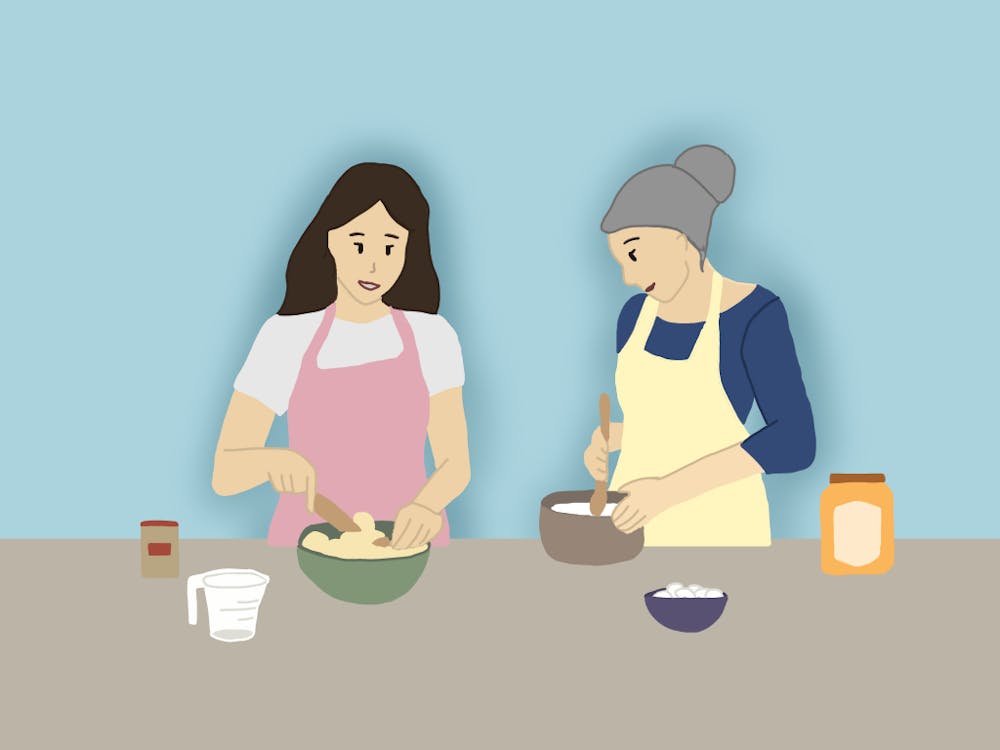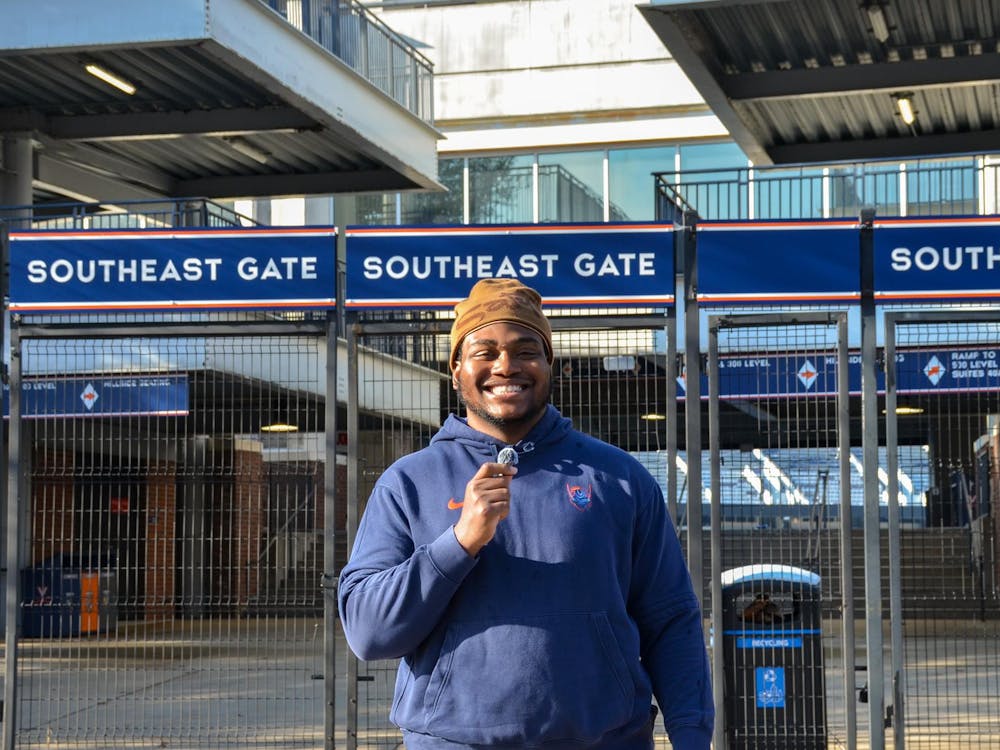Since when have our parents been people?
Seriously. Even though we’ve known, lived and interacted with them for as long as we remember, have we ever really thought of them as people — existing outside the bounds of our houses and family dinners? I can’t speak for everyone, but I did not. We saw them through the role they played in our self-centered universes. We knew they were others’ classmates, co-workers, acquaintances and close friends, but it took a long time before we saw them and their personalities in such a way. There was probably a time when we thought their real names were Mom and Dad.
So how do we come to see our parents as individuals?
Scattered memories from the ages of 4 to 11 remind me I once thought of my mother solely as my mom. Back then, we owned matching dresses and she took care of my pets. As the first-born, I obediently listened only to Radio Disney and watched nothing worse than PG movies. She possessed knowledge I had yet to acquire, like the fact that “washing the spinach” doesn’t actually involve soap. Much to my dismay, she wouldn’t let me draw on her Tour-de-France poster for the kindergarten World’s Fair, but on the flipside she did plan my birthday parties.
There were moments of seemingly insurmountable conflict — Why the heck did my little brother get to pick a cake with a pig decoration for our joint birthday? — but then there were days when she could cheer me up after fifth grade alliances shifted in devastating ways. It was, however, a narcissistic time, when I best understood my mom in terms of her relation to me.
Then, I turned 12. Middle school and hormones combined to form a perfect storm of “you don’t understand how hard my life is” accusations and claims of “I’m counting down the days until college.” Then, I thought my mom was my worst enemy. Heaven help the poor soul who cared enough to try to wake me for class, make me straighten up my room or tell me staying up late was bad for me. I won’t belabor the details, but Simple Plan really seemed to understand me, and that says it all.
But something — you say reduced hormone fluctuations, I say maturity — began to coax me out of my angsty cocoon in high school.
I began to recognize my mom’s personality traits and characteristics. It was hard to maintain prolonged anger at someone who could make you laugh. No one else found the overuse of the word “tacky” during a presentation on church attire quite as hilarious as we did. The text “Whattimemeetwhere” — space keys on flip phones are an elusive invention — became a go-to example of our shared technological struggles. I should watch less “Say Yes to the Dress” she told me, because it’s not going to apply to my life in the near future. And when I was sick and disheveled, she had no trouble lightening the mood. “You know,” she said, “even with that haircut, you’ve still got a ton of hair.”
Moreover, if I let her, she’d look out for me. While anxiously stuck in traffic and running late to the prom for which everything had already gone horribly wrong, my mom tried to calm me down with advice I more expected from a friend — not my mother. “Did he make you cry?” she asked.
The silence spoke for itself. “If he made you cry,” she said simply, “Then he can wait.”
It took an embarrassingly long time for me to grasp my mom as a person of her own — someone who can chat with anyone about anything, someone who is exceedingly selfless, who takes on roles where she can help bear the emotional burdens of others. She’s a conversationalist who enjoys having people to talk to. Finally realizing this, I now call my mom practically every day — except for that one week at the beginning of the semester, a mistake I will never hear the end of.
I’m starting — or at least, I think I’m starting — not just to see her as a friend. I’m starting to be her friend. When she called me, stressed about my brother’s college applications, I walked her through the steps and dates, calming her down. “Thanks for being the voice of reason,” she said. Wait, what?
Parents will always be parents to some extent, but it is important to recognize they are also individuals. They can do more than raise us — they can also be companions, friends and partners in crime.
So happy birthday, Mom — thanks for being a wonderful friend. And be happy that I’m not in charge of picking the decoration for your birthday cake.






